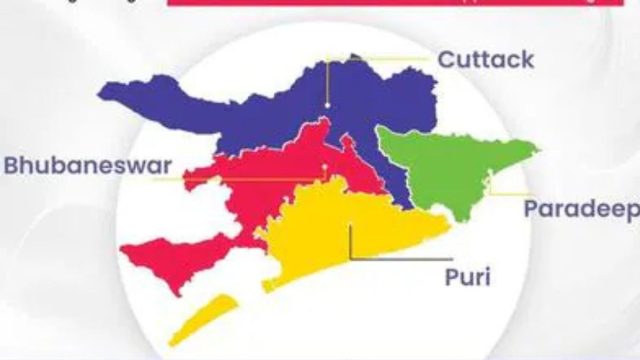When a non-Bengali-speaking woman harassed other passengers for speaking in Bengali, a heated verbal conflict broke out on a Kolkata Metro train. “Living in India, you know Bengali but not Hindi?” the woman asked in a video that went viral, arguing that everyone should speak Hindi as West Bengal is a part of India. Speaking in Bengali, a fellow traveler retaliated, claiming that she had the right to use her mother tongue in her state.
As other passengers stepped in to break up the argument, some even took offence at the woman’s comment and called them “Bangladeshi” for speaking Bengali. Social media was rocked by the occurrence, and many people commented on how important it is to respect India’s linguistic variety.
Recently, a woman was caught on camera using the Bengali language in a violent verbal altercation with Kolkata Metro commuters. A post on X claims that the woman was observed urging other visitors to speak Hindi, asserting that since West Bengal is a part of India, its citizens ought to learn the language.
The woman, who does not speak Bengali, challenges other travellers in the video, stating, “You are not in Bangladesh. India is where you are. You have to speak Hindi because West Bengal is a part of India. Do you speak Bengali but not Hindi while you’re in India? A passenger who speaks Bengali firmly replies, “My hometown is in West Bengal, not yours. You cannot insult me for speaking Bengali while you are in my state.
The woman said, “The metro is not yours,” as other travellers tried to step in. In response to the statement, “West Bengal is not yours,” the Bengali traveler retorted, “West Bengal and the metro are both mine.” The Bengali taxpayers’ money, not the taxes from your hometown, was used to build the metro.
When other passengers objected to being referred to as “Bangladeshi” for speaking Bengali, the argument became even more heated. The exchange elicited significant reactions from netizens.
Citing Bengal’s long-standing tolerance of non-Bengali speakers, some proposed requiring migrants to acquire the local tongue when they move to neighbouring states.




